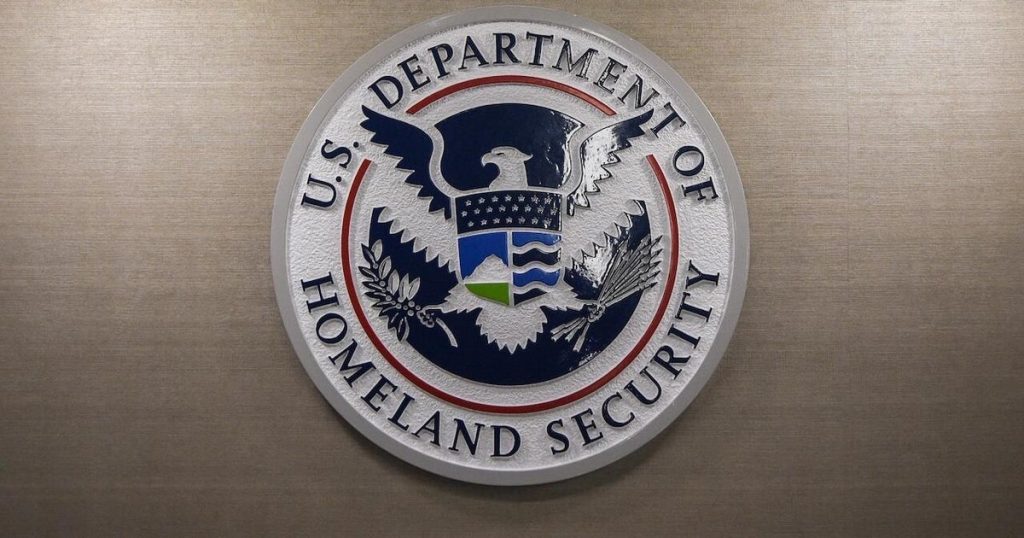In a significant enforcement action, an undocumented immigrant residing in Florida faces an extraordinary civil fine of over $1.82 million for failing to leave the United States after a removal order was issued two decades ago. The fine, calculated at $500 for each day since the order was issued in April 2005, underscores the ongoing tensions surrounding immigration laws and their enforcement. Legal advocates are now preparing to contest this unprecedented penalty, which has raised alarms among immigrant communities and legal experts alike.
| Article Subheadings |
|---|
| 1) Background on the Case of the Florida Immigrant |
| 2) Legal Implications of the $1.82 Million Fine |
| 3) The Role of Immigration Attorneys in Defense |
| 4) Community Impact and Reaction |
| 5) Future of Immigration Enforcement |
Background on the Case of the Florida Immigrant
The focus of this case is a 41-year-old undocumented immigrant and mother of three, currently residing in Florida. According to documentation from the Immigration and Customs Enforcement (ICE), this individual was issued a removal order in April 2005, following her non-appearance at a court hearing. Since then, she has remained in the United States, which has resulted in an accumulated fine of $1,821,350. The ICE’s fine reflects $500 for each day she has overstayed her order. This situation highlights the complexities surrounding immigration status and individual circumstances, especially for those who have been living in the U.S. for extended periods.
Legal Implications of the $1.82 Million Fine
The hefty fine imposed on the Florida woman emanates from a provision under the 1952 Immigration and Nationality Act. This law stipulates that undocumented immigrants may be fined for failure to leave the country after a removal order has been issued. Michelle Sanchez, the attorney representing the woman, notes that while this law has historically been little enforced, its application has intensified under recent administrations. The Trump administration initiated a policy in early 2024 to penalize those residing in the U.S. illegally under this legislation. However, the enforcement of civil fines is unprecedented at this magnitude, raising questions about justice and proportionality in immigration laws.
The Role of Immigration Attorneys in Defense
Immigration attorneys like Michelle Sanchez play a crucial role in navigating such complex cases. Following the issuance of the fine, Sanchez filed a motion to reopen her client’s case, asserting that her client would qualify for U.S. residency due to her long-term stay and lack of a criminal record. She emphasized that the mother’s three U.S. citizen children could experience extreme hardship should she be deported, which could be grounds for reconsideration of her case. Sanchez’s efforts to appeal the fine reflect a larger trend of immigration attorneys witnessing an increase in fines issued to undocumented clients. The ramifications of these cases extend beyond individual liabilities, impacting family structures and community stability.
Community Impact and Reaction
The news of the fine has sent shockwaves through local immigrant communities. Many individuals fear further repercussions as they witness such severe penalties being levied against long-term residents. Sanchez noted an uptick in ICE’s aggressive enforcement actions, suggesting that fines are a means of instilling fear without directly detaining individuals. Individuals are urged to contact their immigration attorneys when receiving such notices, underscoring the importance of legal representation in navigating these challenging circumstances. The community’s response has varied, with some advocating for reform in immigration policy and others emphasizing the need for compliance with existing laws.
Future of Immigration Enforcement
The future landscape of immigration enforcement remains uncertain as ongoing developments unfold. Under the Biden administration, there was a gesture towards greater discretion in reopening cases, allowing for some leniency towards individuals who might have legitimate claims for residency. However, with the shift in enforcement practices, especially as documented in this case, experts predict a renewed focus on strict compliance with immigration laws. Such a trajectory prompts significant discussions about the balance between lawful enforcement and equitable treatment of individuals, especially those who have established their lives and families in the U.S.
| No. | Key Points |
|---|---|
| 1 | An undocumented immigrant in Florida faces a fine exceeding $1.82 million for failing to leave the U.S. since a removal order 20 years ago. |
| 2 | The fine of $500 per day is derived from the 1952 Immigration and Nationality Act and signifies intensified enforcement actions. |
| 3 | Legal representatives are mobilizing to appeal fines, invoking arguments related to family hardships and long-term residency qualifications. |
| 4 | Local immigrant communities express fear concerning the aggressive approach of ICE and its implications for family structures. |
| 5 | The case illustrates ongoing tensions between enforcement policies and immigrant rights, indicating a need for comprehensive immigration reform. |
Summary
This case of an undocumented immigrant facing a staggering fine represents not only personal hardship but also broader challenges within the current immigration system. As legal representatives mount appeals against such penalties, the implications ripple through immigrant communities, whose members fear for their futures in the wake of stringent enforcement measures. Moving forward, this situation may ignite calls for more balanced immigration policies that consider the nuances of individual circumstances and family connections.
Frequently Asked Questions
Question: What led to the issuance of the removal order against the Florida immigrant?
The removal order was issued in 2005 after the individual failed to appear at a scheduled court hearing regarding her immigration status.
Question: Can the immigrant contest the fine she is facing?
Yes, the notice indicates that the fine can be contested, with an option to request a personal interview to challenge the penalty.
Question: What factors could influence the outcome of her appeal?
Factors influencing the outcome may include her long-term residence in the U.S., her lack of a criminal record, and the potential hardships her U.S. citizen children might face if she were deported.
